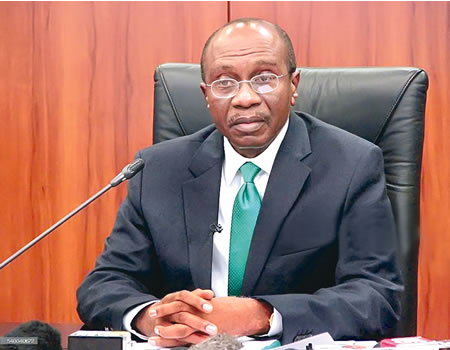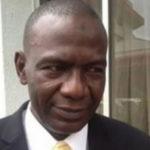A 2017 World Bank Global Findex Database report on financial inclusion titled, “The Global Findex Database 2017: Measuring Financial Inclusion and the Fintech Revolution” revealed that globally, 1.7 billion adults don’t use formal banks or semi-formal microfinance institutions to save or borrow money, even though more than half that number could access digital financial services.
The report which used data from a survey carried out in 144 countries, in collaboration with the Bill and Melinda Gates Foundation and Gallup Inc., observed that 82 million (42 per cent) Nigerians are living below $1.90 per day, implying that 42 per cent of Nigerians probably don’t own an account, or have inactive ones.
Nigeria was declared the world poverty capital last year, with almost half of its population living in extreme poverty. A recent Bio-metric Verification Number exercise in 2015 in Nigeria, which resulted in many bank accounts going inactive, also contributed to Nigeria’s 67 million unbanked population.
However, the figures differ from that of the Central Bank of Nigeria (CBN) which just revealed that 40.1 million people were still outside the banking system in Nigeria.
ALSO READ: When Lagos stepped up tourism promotion with MICE agenda
While delivering a lecture at the first national media workshop organised by the Electronic Payment Providers Association of Nigeria (E-PPAN) in Lagos recently, the Deputy Director, Development Finance Office of the CBN, Adedeji Adebisi, said there are approximately 40.1 million financially excluded bankable Nigerians while 56.3 million are financially served, representing above average success of 58.4 per cent people in Nigeria.
The World Bank Global Findex noted that 40 per cent more men own accounts than women in Nigeria, meaning there has been no clear change in financial inclusion in Nigeria since the last Findex report was released in 2014.
Other developing economies like Togo, Peru, Lebanon, Jordan, Algeria, Burkina Faso also have wide gender gaps in financial inclusion. Other developing economies [India, Bolivia] have moved in the opposite direction as gender gaps have been steadily closing since 2014.
Financial inclusion, which aims to “make financial services accessible at affordable costs to all individuals and businesses, irrespective of net worth and size respectively”, is important for the development of any economy. It means that people who have better access to financial services through traditional, bank accounts and digital payments have greater control over their money, and their savings, securing business loans, insurance and are better prepared for financial emergencies.






